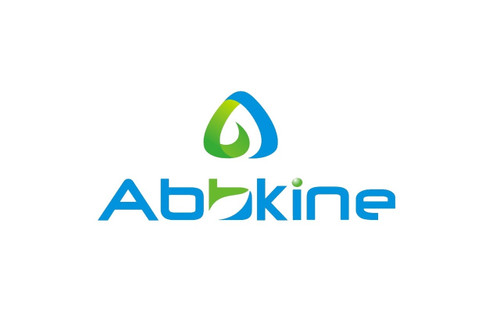Product Description
Human Salusin Alpha (SALA) ELISA Kit | AE20802HU | Abebio
Species Reactivity: Human (Homo sapiens)
Abbreviation: SALA
Alternative Name: N/A
Application: ELISA
Range: 2.47-200 pg/mL
Sensitivity: 0.93 pg/mL
Intra-Assay: ≤7.6%
Inter-Assay: ≤9.7%
Recovery: 0, 95
Sample Type: Serum, Plasma, Other biological fluids
Detection Method: Sandwich
Analysis Method : Quantitive
Test Principale: This assay employs a two-site sandwich ELISA to quantitate SALA in samples. An antibody specific for SALA has been pre-coated onto a microplate. Standards and samples are pipetted into the wells and anySALA present is bound by the immobilized antibody. After removing any unbound substances, a biotin-conjugated antibody specific for SALA is added to the wells. After washing, Streptavidin conjugated Horseradish Peroxidase (HRP) is added to the wells. Following a wash to remove any unbound avidin-enzyme reagent, a substrate solution is added to the wells and color develops in proportion to the amount of SALA bound in the initial step. The color development is stopped and the intensity of the color is measured.
Product Overview: Salusins are two newly discovered TOR-related peptides consisting of 28 and 20 amino acids and designated salusin-alpha and salusin-beta, respectively. Salusins are bioactive peptides with hemodynamic and mitogenic activities. Salusins improve calcium uptake and protein synthesis in neonatal rat cardiomyocytes, suggesting that salusins may be regulatory factors for myocardial growth and hypertrophy. Scientific data indicates the presence of salusin-alpha in human serum and urine Salusins are translated from an alternatively spliced mRNA of TOR2A, a gene encoding a protein of the torsion dystonia family. Intravenous administration of salusin-alpha or salusin-beta to rats causes rapid, profound hypotension and bradycardia. Salusins increase intracellular Ca (2 ), upregulate a variety of genes and induce cell mitogenesis. Salusin-beta stimulates the release of arginine-vasopressin from rat pituitary.
Stability: The stability of ELISA kit is determined by the loss rate of activity. The loss rate of this kit is less than 5% within the expiration date under appropriate storage condition. The loss rate was determined by accelerated thermal degradation test. Keep the kit at 37°C for 4 and 7 days, and compare O.D.values of the kit kept at 37°C with that of at recommended temperature. (referring from China Biological Products Standard, which was calculated by the Arrhenius equation. For ELISA kit, 4 days storage at 37°C can be considered as 6 months at 2 - 8°C, which means 7 days at 37°C equaling 12 months at 2 - 8°C) .
 Euro
Euro
 USD
USD
 British Pound
British Pound
 NULL
NULL








